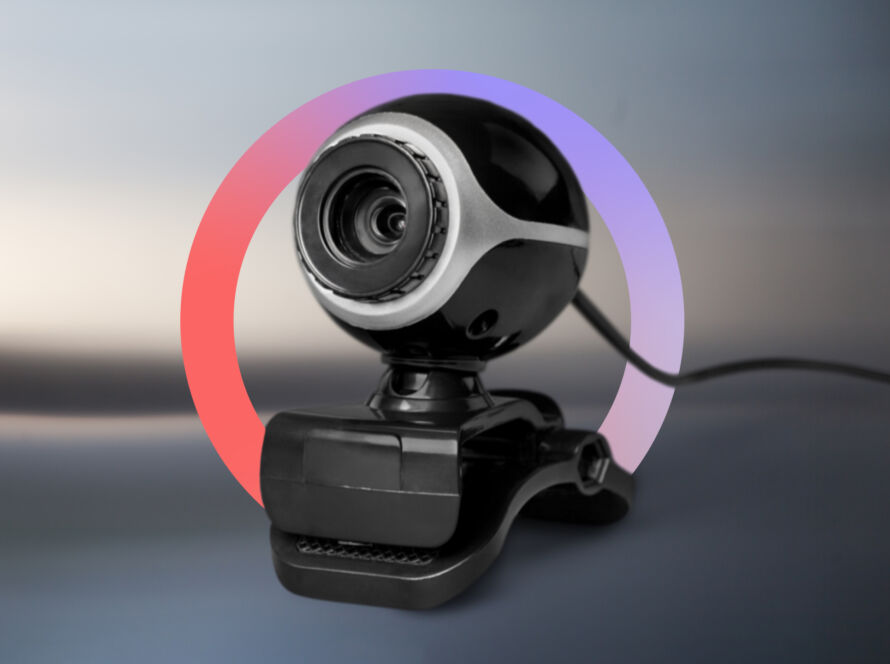During the Tokyo 2020 Olympic games, gymnast Simone Biles shocked the world when she pulled out of both the team final and women’s individual all-around to focus on her mental health. Her decision to do whatever was needed to safeguard her health and wellbeing divided opinion. While some commented that her bold move was a sign of courage and strength, others did not view it in such a positive light.
Here at Huler, we’re all about feeling the love. We believe that everyone, regardless of who they are, should feel empowered to make decisions that are right for them, especially when it comes to protecting their mental health.
Which is why we think there’s a lot HR teams can learn from Simone’s bold move!
Mental Health: The Next Pandemic?
The events of 2020 and 2021 have had a profound effect on pretty much everyone’s mental health and personal wellbeing. According to the Office for National Statistics, one in five adults reported experiencing some form of depression during the coronavirus pandemic – double the pre pandemic rate.
As well as this, 80% of organisations have seen more employees ask for mental health support since the pandemic, showing demand for wellbeing resources is at its peak – and will only continue to increase this year.
With that in mind, Simone Biles’ withdrawal from the Olympics has a much deeper message for leaders and HR professionals. As we keep flip-flopping between lockdowns (and still don’t have a swivel chair to call our own!) Biles has modelled a proactive approach to mental health and wellbeing at work that we can all learn a thing or two from.
For leaders and HR teams, it’s no longer enough to wait for employees to spell out that they’re struggling. Or wait for them to go off sick with mental health problems. Instead, it’s necessary to take a proactive view to tackle stress, anxiety and burnout before it’s too late. That starts with creating a mental health at work strategy that gives people in your business the tools to better manage their mental health, and the confidence to share how they’re feeling openly and without fear of judgement.
Putting Mental Health On The Map
Back in 2017, when dancing queen Theresa May was Prime Minister, Lord Dennis Stevenson and Paul Farmer conducted an independent review into how employers can better support the mental health of their employees. Well before the pandemic was even on our radar, the Thriving At Work report concluded that ‘the UK is facing a mental health challenge at work that is much larger than we had thought.’
In the course of the report Stevenson and Farmer lay out a vision for the future where all organisations will be:
- Equipped with the awareness and tools to not only address but prevent mental ill-health caused or worsened by work;
- Equipped to support individuals with a mental health condition to thrive from recruitment, and throughout the organisation;
- Aware of how to get access to timely help to reduce sickness absence caused by mental health.
Simone Biles achieved just that in her decision at the Olympics. Not only was she able to recognise her current mental state and the effect it was having on her performance, but also take steps to prevent escalation by reinforcing her boundaries. Further still, she was supported to do that by her coach and teammates, who all understood and empathised with the reasons behind that tough decision.
And that’s what lies at the heart of all of this. To empower employees to make these kinds of decisions, it is necessary to produce, implement and communicate a mental health at work plan that is complemented a great company culture. One that encourages open conversations, lifts people up and recognises that prioritising mental health and wellbeing is just as important as putting your physical health first.
Your people need to know that, if the are struggling, they can approach their managers and openly share their feelings without fear of judgement or repercussions. Senior team members also need to be trained on how they approach and deal with mental health problems in the workplace, too. Not only to be able to support anyone who feels comfortable sharing their situation, but also to anticipate the future needs of their team.
It’s Time To Be Proactive About Mental Health
The results of poor mental health are wide reaching. At an organisational level, it can result in higher rates of sickness, loss of productivity, a widening skills gap and a high employee turnover. On a human level, the stakes are even higher. Poor mental health impacts all corners of a person’s life from their physical health to how they interact with friends and family.
While we could talk extensively about the cost to employers (poor mental health costs employers between £33 billion and £42 billion a year), it’s perhaps more fitting to look at the human cost. More than 700,000 people die due to suicide every year according to the World Health Organisation, but these deaths are preventable.
Recently, a number of well-known organisations have started taking steps to combat workplace stress and prevent burnout. The dating app company Bumble temporarily closed all its offices for a week in June 2021, with staff being told to take the time to switch off and focus on themselves. Other companies, such as Hootsuite, LinkedIn, and Mozilla also implemented similar “Wellness Weeks” in 2021, in which staff were given paid time off to focused on resting, re-charging and reflecting.
Whether this big shift in sentiment around mental health continues beyond 2021 remains to be seen. But it absolutely should. Businesses need to realise that’s impossible for anyone, no matter how resilient, or confident a person is, to leave their mental health at the door at work. They have a duty of care to provide timely, accessible, personalised support that equips their workforce with the confidence and self-awareness to be proactive about their own mental health. After all, a happy, well-rested and balanced workforce is a productive, creative and growth-focused one.






